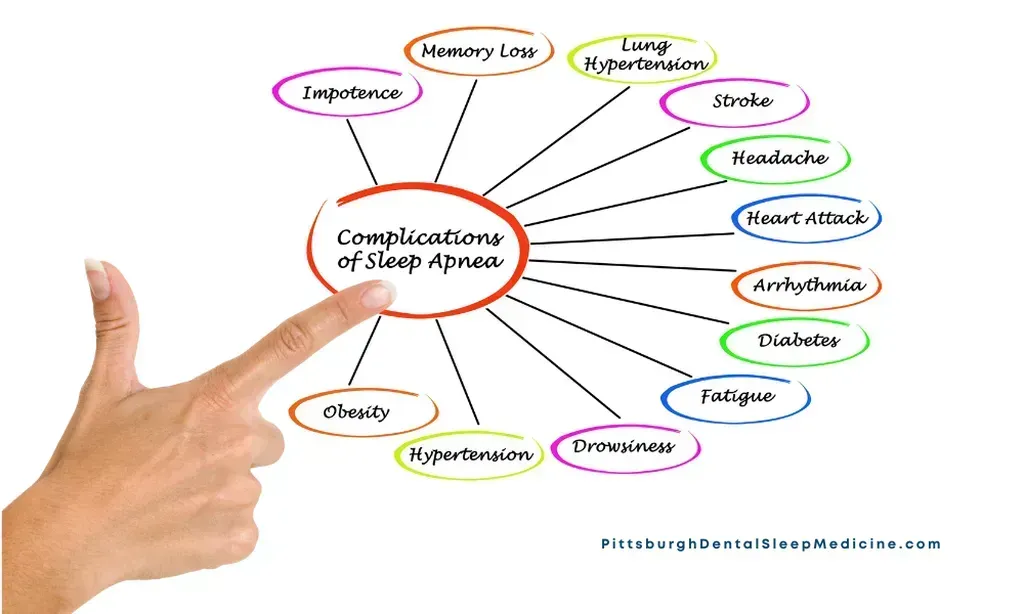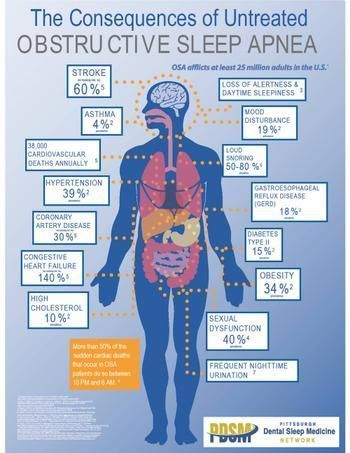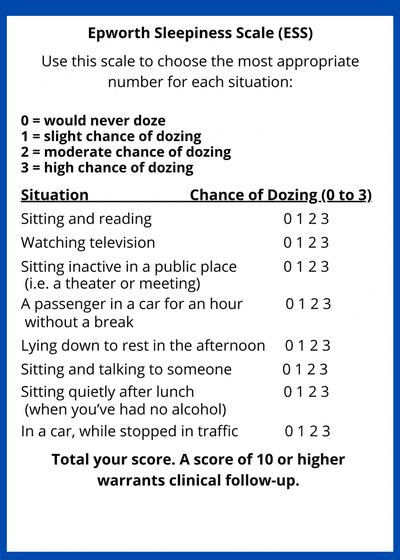Do I Have Sleep Apnea?

Obstructive Sleep Apnea (OSA) is a growing epidemic in our US adult population. Current research indicates that OSA is a very underdiagnosed and undertreated malady. Less than 10% of those who actually have OSA have been diagnosed...
by Michael F. Hnat DMD, DABDSM
Obstructive Sleep Apnea (OSA) is a growing epidemic in our US adult population. Current research indicates that OSA is a very underdiagnosed and undertreated malady. Less than 10% of those who actually have OSA have been diagnosed and successfully treated1.
Obesity (BMI greater than 30) has been shown to be the underlying cause in half of the cases. But there are numerous other risk factors for the condition that must not be overlooked.
WHAT ARE THE RISK FACTORS FOR SLEEP APNEA?
It is hardly just the overweight male with an 18-inch neck who snores loudly that can be afflicted with sleep apnea. I have treated many a patient who, on the contrary, is as “skinny as a bean” but for other anatomic characteristics that affect their breathing airway during sleep are just as susceptible.
Some of the “classic” risk factors for OSA are a large tongue, undersized upper and/or lower jaw, droopy and loose soft palate, neck size greater than 17 inches in men and 15 inches in women, and nasal breathing limitations which often cause habitual mouth breathing.
The use of alcohol, sedative medications (i.e. Xanax and Valium), and muscle relaxers (i.e. Flexeril) that relax and collapse the supporting muscles of the airway -- especially in the evening hours -- are considered lifestyle risk factors for sleep apnea.

SYMPTOMS OF SLEEP APNEA
Apneics may have one or more characteristic subjective symptoms such as loud, disruptive snoring, unrefreshing sleep, excessive daytime sleepiness and lack of alertness, witnessed breathing stoppages and gasping episodes during sleep as observed by a bed partner, and reduced dreaming (REM sleep).
Physiological symptoms may include:
- high blood pressure
acid reflux - nocturia (frequent nighttime bathroom visits)
- irregular heart rate, including atrial fibrillation
- Type 2 Diabetes
HOW DANGEROUS TO MY HEALTH IS SLEEP APNEA?
Research indicates that OSA was two times the risk factor than smoking and three times the risk factor than high blood pressure and obesity for heart attack2. Other recent information indicates that untreated severe sleep apnea results in five times the number of cancer deaths for those with all types of cancer3.
HOW DO I FIND OUT IF I HAVE SLEEP APNEA?
Like many other medical conditions, individuals can complete self-screening to help determine if they may be at risk for OSA and need to follow up with an evaluation by a health professional. If clinical evaluation supports subjective screening, then referral for diagnostic testing to confirm or rule out sleep apnea is in order. Diagnostic testing can be done by completing an overnight sleep study in a sleep lab or using a home sleep monitor.
The “gold standard” for assessing daytime sleepiness is the Epworth Sleepiness Scale (ESS). The scale scores one’s tendency to doze off in various passive and slightly active situations. To check your sleepiness take the test below and then total the points. A score of 10 or higher warrants clinical follow-up.

SEEKING TREATMENT MAY CHANGE YOUR LIFE
If you suspect that you or a loved one may have obstructive sleep apnea -- based on the self-screening test above -- a visit to your primary care physician or a certified sleep physician may be in order. It could be one of the most important steps that you take in saving the life of a loved one, or your own.
________________________________________
If you have already been diagnosed with sleep apnea or are intolerant to CPAP, call us to inquire about scheduling a consultation with Dr. Becky Fox.
1, 3 Wisconsin Cohort Study on the prevalence of Obstructive Sleep Apnea in US Adult population
2 Hung, et.al Independent Predictors of Myocardial Infarct, http://www.ncbi.nim.nih.gov/pubmed/1973968

AUTHOR
Michael F. Hnat, DMD, DABDSM, DABCDSM
Pittsburgh Dental Sleep Medicine - McMurray, PA
Dr. Michael Hnat brings exemplary knowledge and experience in both dental sleep medicine and TMJ-related issues. He is a graduate of the University of Pittsburgh School of Dental Medicine and the prestigious mini-residency in Temporomandibular Joint (TMJ) Disorders from Tufts University School of Dental Medicine. He is Clinical Assistant Professor in dental sleep medicine at the West Virginia University School of Dentistry. The focus of his clinical practice is oral appliance therapy for the treatment of sleep-related breathing problems, TMJ disorders, and head and neck muscle pain. Dr. Hnat is credentialed thru the American Board of Dental Sleep Medicine and the American Board of Craniofacial Dental Sleep Medicine.


